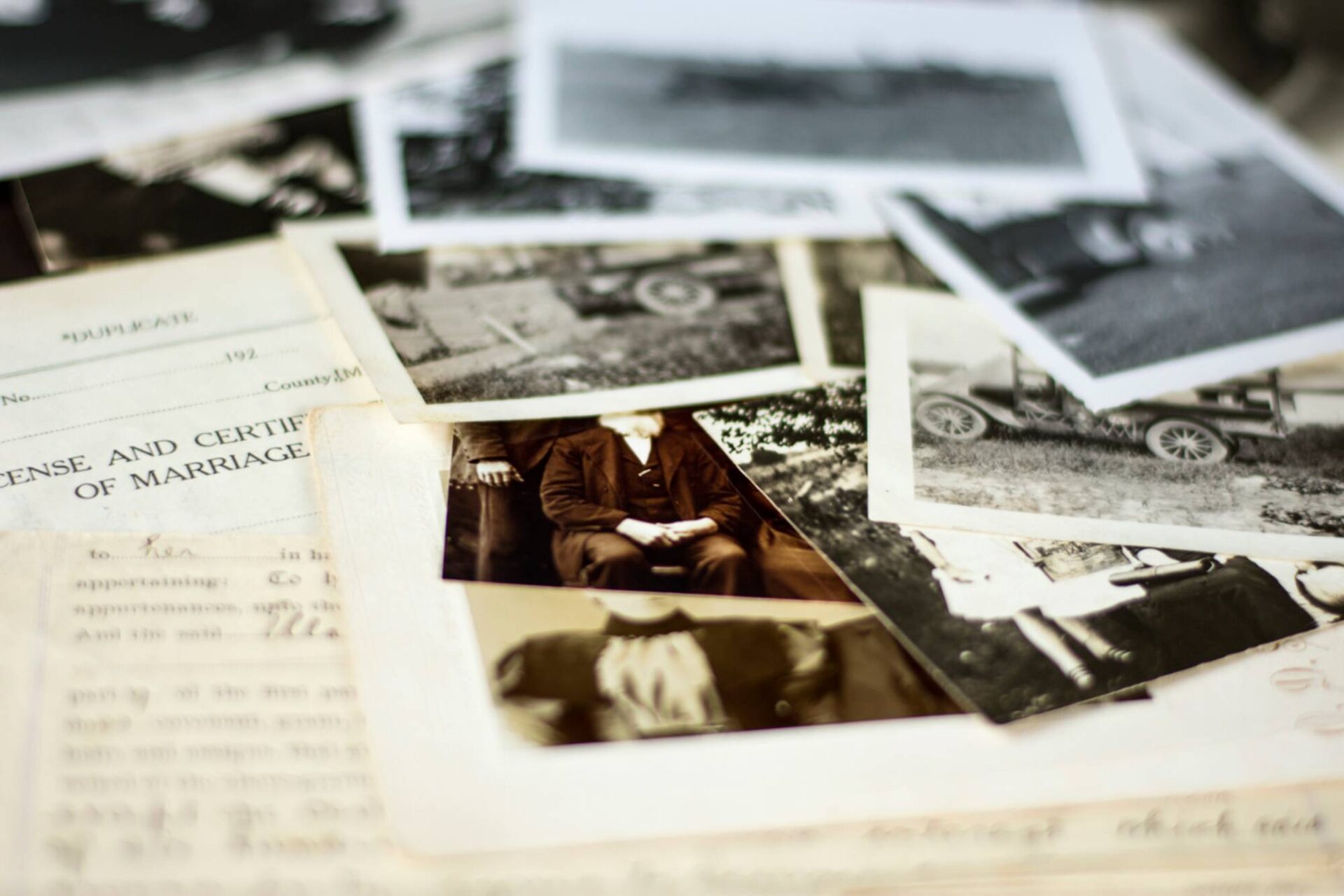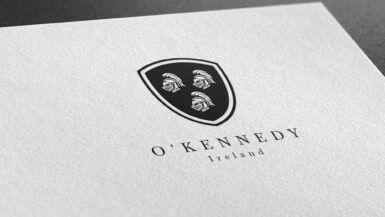The Keane surname is of Irish origin, deriving from the Gaelic “O Cathain” or “Mac Cathain.” Its Anglo-Norman equivalent is “O’Keane,” which later simplified to “Keane” through Anglicization.
Etymology and Meaning
“O Cathain” or “Mac Cathain” translates as “descendant of Cathan” or “son of Cathan.” The name “Cathan” itself is derived from the Old Irish “cath,” meaning battle, implying a warrior or fighter. Thus, the Keane surname carries connotations of strength, courage, and valiance.
Earliest Known Usage
The earliest known usage of the Keane surname appears in medieval records from the 11th century, where they are documented as chiefs in the territory of Cinel Feradaigh, which is now County Waterford.
Geographic Distribution
The Keane surname is widespread throughout Ireland, with particularly high concentrations in the counties of Waterford, Clare, and Galway.
Original Geographic Location
The Keane family’s ancestral home lies in the modern-day County Waterford, within the historic province of Munster in the south of Ireland.
Migration Patterns
Similar to many Irish families, the Keanes experienced upheaval during the 19th-century Great Famine, causing a wave of migration within Ireland and significant emigration to North America, Australia, and Britain.
Historical Context
Notable Historical Events
Keane family members have been involved in numerous historical events, from medieval territorial wars to the more recent struggle for Irish independence.
Involvement in Key Moments in History
The Keanes have played significant roles throughout Irish history, including involvement in the Irish Confederate Wars in the 17th century and the 1916 Easter Rising, which was a critical moment in the fight for Irish independence.
Notable Irish Bearers of the Surname
Famous Individuals
Notable bearers of the Keane surname include Roy Keane, a legendary Irish footballer, and John B. Keane, a renowned Irish playwright and novelist.
Influential Figures
Roy Keane’s accomplishments in football have left a lasting impact on the sport, while John B. Keane’s works have significantly contributed to Irish literature, showcasing the beauty, humor, and tragedies of Irish life.
Variations of the Surname
Spelling Variations
While “Keane” is the most common form, alternative spellings include Kane, Kean, Keene, and O’Keane, reflecting phonetic transcriptions and dialectal differences.
Regional Differences
While the pronunciation and spelling of the surname Keane are relatively consistent throughout Ireland, subtle differences in pronunciation might be observed between the eastern and western regions of Ireland.
Current Statistics and Distribution
Frequency and Global Distribution
The Keane surname remains prevalent in Ireland but has also spread worldwide, particularly to the United States, Canada, Australia, and Britain, through waves of Irish emigration.
Changes Over Time
Although the prevalence of the Keane surname has remained relatively stable in Ireland, its frequency has significantly increased in other parts of the world due to historical migration patterns.
Family Coat of Arms
The Keane family coat of arms typically features a silver lion rampant on a blue shield, often accompanied by a hand crest, symbolizing the pledge of faith, sincerity, and justice. The rampant lion represents courage, nobility, and strength.






Leave a reply